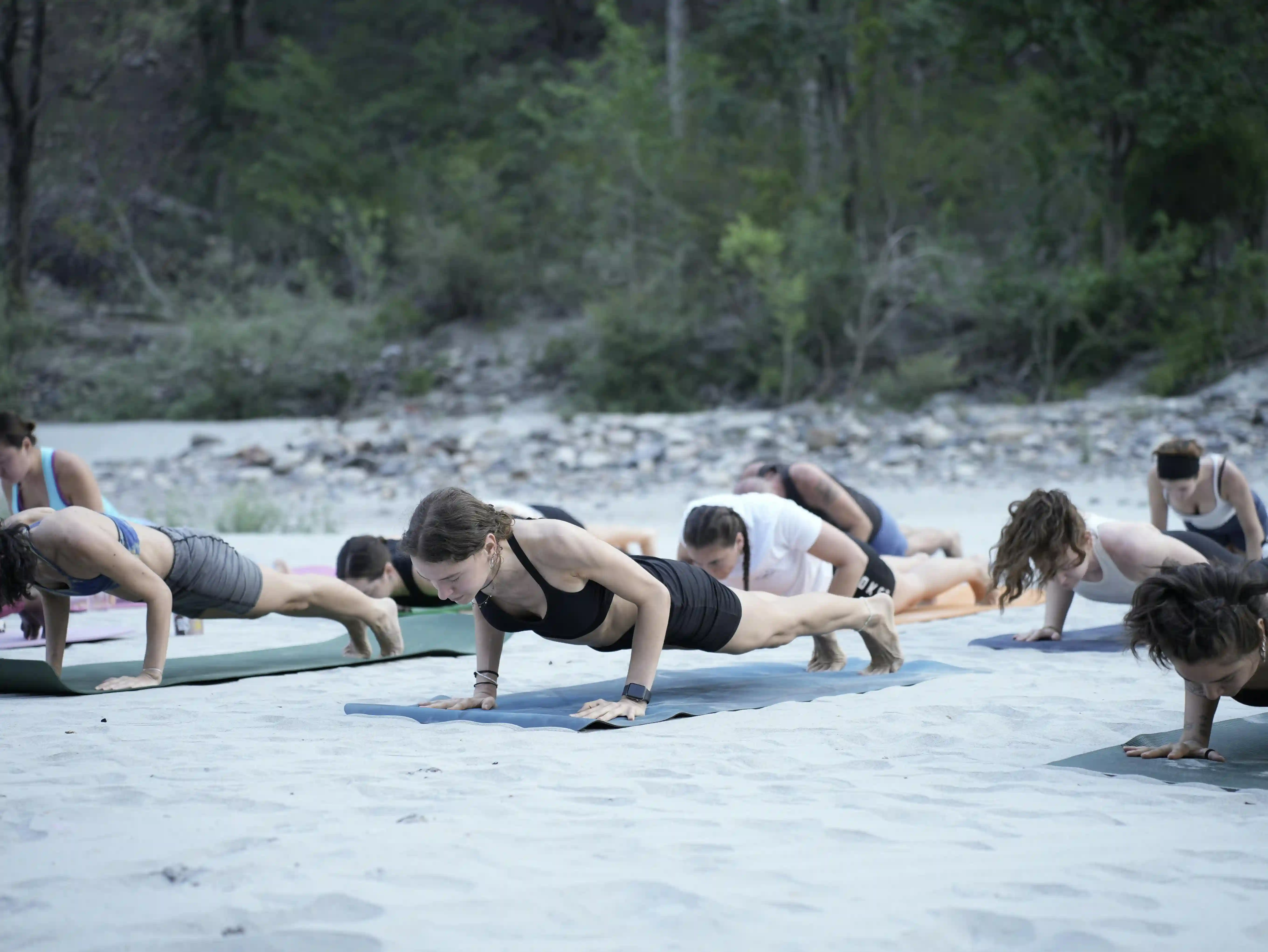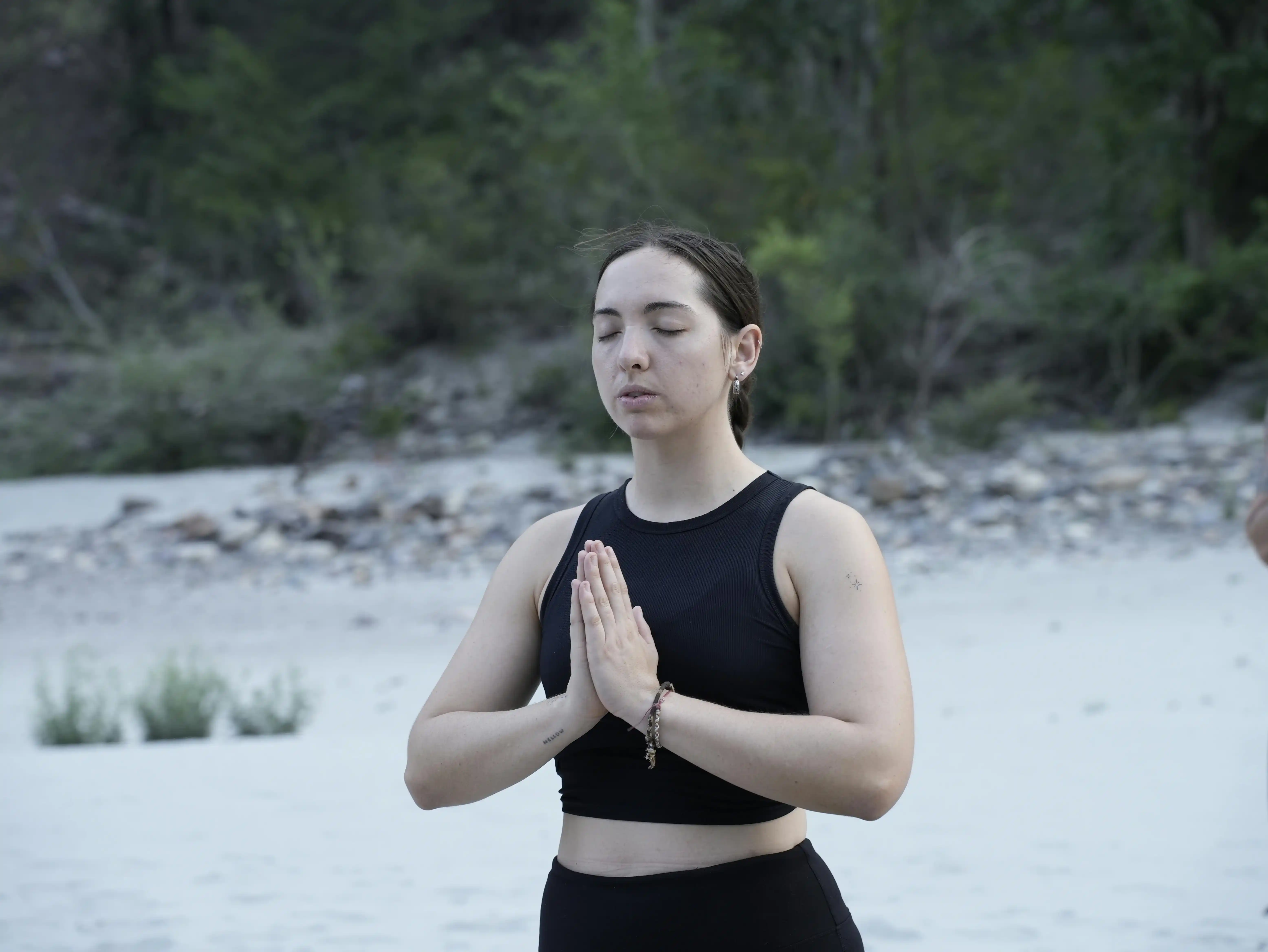Avoid Legal Trouble: 10 Rules for Running a Retreat in Lombok in 2025


Introduction: Wellness Meets Regulation
Lombok is quickly gaining recognition as a serene, less-crowded alternative to Bali—making it a rising hotspot for entrepreneurs and wellness professionals looking to open a retreat in Lombok. With its pristine beaches, sacred mountains, and growing expat community, the island offers a peaceful setting ideal for yoga retreats, detox programs, meditation camps, and holistic healing centers.
But behind the spiritual glow and natural beauty, running a retreat in Lombok requires serious legal preparation. From obtaining the right visa and company structure (usually through a PT PMA) to registering for tax compliance and employment permits, retreat founders must navigate Indonesian laws carefully.
The Indonesian government, especially through agencies like BKPM and the immigration office, has increased scrutiny on foreign-owned wellness businesses—particularly in 2025 as CoreTax and OSS integration become stricter.
This guide is your full roadmap for setting up and legally managing a retreat in Lombok. Whether you’re already in the planning phase or just exploring the idea, it’s essential to understand the legal, tax, and visa framework before hosting your first guest.
What Qualifies as a Retreat in Lombok?
If you’re offering structured wellness experiences on the island, you’re officially operating a retreat in Lombok—and Indonesian law will treat it as a business.
Retreat formats can vary widely: yoga and meditation retreats, detox and juice-fasting programs, spiritual healing, surf and wellness escapes, or even silent retreats. But regardless of the theme, if your program includes scheduled activities, meals, and accommodation, it’s no longer just a casual gathering—it’s a regulated business activity.
To legally operate a retreat in Lombok, you need the proper business entity. Most foreign entrepreneurs set up a PT PMA (a foreign-owned limited liability company). This structure allows you to lease property, hire staff, and apply for business permits under your name. Another option is to partner with a trusted local under a local PT, though this comes with higher risk and reduced control.
Operating a retreat in Lombok without proper licensing or permits is not only illegal but risky. The local authorities, immigration, and tax office have become more active in 2025—monitoring events, checking for licenses, and even shutting down unregistered wellness centers.
If you’re planning to launch a retreat in Lombok, make sure you register it properly from the start. Getting legal early prevents headaches later and ensures you’re building something sustainable.
Choosing the Right Visa for Retreat Owners & Guests
If you’re planning to run a retreat in Lombok, having the right visa is non-negotiable. Immigration officers in Lombok are increasingly vigilant in 2025, and visa misuse can result in deportation, blacklisting, or business shutdowns.
Retreat owners must operate under a proper business visa structure. The most common option is a KITAS under a PT PMA (foreign-owned company). This visa allows you to legally live and manage your retreat in Lombok, employ staff, and handle financial transactions. Another option is an Investor KITAS, which applies if you are a shareholder actively involved in the business. This visa typically requires proof of ownership and an investment amount as specified by BKPM regulations.
Retreat guests, on the other hand, must enter using a B211A visa—classified as a socio-cultural or tourism visa. This visa permits participation in non-commercial retreats, workshops, or wellness activities as a guest. However, guests cannot be paid or engage in work-related duties while in Indonesia under this visa.
If you're employing local or foreign staff, they must have the correct working visa or local employment contracts with BPJS (social security) registration. Employing someone under the wrong visa—especially foreigners working under a tourist or B211A visa—is a major red flag for authorities.
Running a retreat in Lombok on a tourist visa—even if it’s just a small group—is illegal. Immigration routinely investigates retreat centers, especially if promotions are public and payment is involved.
To protect your retreat, your team, and your guests, get visa compliance right from the start.
Setting Up a Legal Company (PT PMA)
To legally operate a retreat in Lombok as a foreigner, you must establish a PT PMA—a foreign-owned limited liability company registered under Indonesian law. This is a non-negotiable requirement if you’re offering accommodation, wellness programs, or charging fees for services.
The first step is choosing the correct business classification, typically under hospitality, tourism, or health and wellness services, depending on the type of retreat you are running. This classification determines your licensing scope and what you’re legally permitted to offer.
Next comes OSS (Online Single Submission) registration, where you obtain your NIB (Business Identification Number). This NIB allows you to proceed with obtaining operating licenses such as SIUP (Business License) and environmental permits, depending on your retreat’s location and offerings.
You will also need a Tax ID (NPWP) and EFIN to file taxes online and comply with Indonesia’s CoreTax system. PT PMAs are required to report monthly and annual taxes, including VAT, PPh 21, and PPh 23, even during setup phases.
Setting up a PT PMA can take several weeks and requires coordination with legal advisors, notaries, and possibly a local partner for specific licenses. While the process can feel bureaucratic, it’s the only way to run a retreat in Lombok legitimately—and avoid fines, closures, or visa issues.
If you're serious about running a successful retreat in Lombok, this legal foundation is the first and most critical step.
Tax Compliance: What You Must File Monthly
If you're running a retreat in Lombok under a PT PMA, monthly tax compliance is not optional—it’s mandatory and heavily monitored through Indonesia’s CoreTax system.
Every month, you are required to report:
- PPh 21: Employee income tax. Even if you hire just a yoga teacher or part-time receptionist, you must withhold and report their taxes.
- PPh 23: For vendor or consultant payments—this includes external healers, guest instructors, or marketing freelancers.
- PPh Badan: Corporate income tax is filed annually but may require monthly installments (PPh 25) depending on revenue.
If your annual turnover exceeds IDR 4.8 billion, your retreat in Lombok must also charge and report VAT (PPN) at 10–11%. This includes services, accommodations, and packaged wellness experiences.
All filings must be completed digitally via e-Faktur (for VAT) and e-Bupot (for PPh 23), integrated through the CoreTax dashboard. Missed or inconsistent filings are automatically flagged, which can trigger an audit or SP2DK letter (a formal tax data inquiry).
Keeping a proper accounting system and engaging a tax consultant who understands the CoreTax system is critical. Many retreat owners mistakenly assume they’re “too small” to matter—until the system catches up.
Running a retreat in Lombok means balancing wellness with tax discipline. Get it right monthly, and you’ll stay compliant and stress-free.
Zoning, Permits, and Location Restrictions
Before you launch your retreat in Lombok, zoning is the first legal checkpoint you must pass. Your chosen land or property must be located in a designated “Pariwisata” (tourism) or “Komersial” (commercial) zone according to the official ITR (Spatial Planning Information) map.
Many retreat owners fall into the trap of leasing scenic villas in residential or agricultural zones—only to be shut down later during local inspections. Even if the building is physically ideal, if it’s not zoned for business, you're operating illegally.
You must also apply for a PBG (Persetujuan Bangunan Gedung), which replaces the old IMB (Building Permit) system. A property with only an IMB is not compliant under current law. This is especially important for retreat venues that host overnight stays or large groups.
If your retreat in Lombok fails to meet zoning and permitting regulations, local authorities can issue closure notices, deny business registration, or block your OSS and NIB applications.
Always check zoning first, consult a notary or zoning consultant, and never assume a pretty villa equals a legal business base.
Health, Safety, and Hospitality Licensing
Running a retreat in Lombok means more than yoga and smoothie bowls—it requires strict compliance with health, safety, and tourism regulations.
First, you’ll need approval from the local Dinas Kesehatan (Health Office) if your retreat offers wellness services, detox programs, massage, or food and beverage. This includes health clearance for your kitchen, sanitation protocols, water testing, and treatment procedures.
Your business license through OSS (Online Single Submission) must clearly list hospitality, wellness, or health-related activities. Many retreat owners make the mistake of registering under a general category, only to face legal challenges when offering yoga teacher trainings or juice cleanses.
You must also prepare Fire Safety Certificates (Sertifikat Laik Fungsi), an Environmental Impact Statement (UKL-UPL) for larger developments, and documentation showing proper waste management and hygiene practices.
Authorities in Lombok are increasingly focused on the safety and credibility of foreign-run wellness businesses. To keep your retreat in Lombok compliant and protected, ensure you meet all hospitality and health licensing requirements from day one.
Can You Promote Retreats Online? What’s Allowed Legally
If you're promoting your retreat in Lombok on Instagram, Google, or booking platforms—you’re engaging in commercial digital activity. And that means: legal compliance is non-negotiable.
Under Indonesian law, PSE Registration (Penyelenggara Sistem Elektronik) is now mandatory for businesses operating online. If you have a website, app, or even a booking form that collects data or processes payments, you must register with Kominfo. This is especially critical for retreat owners using international platforms or third-party booking systems.
To promote your retreat in Lombok legally, you must also have a valid NPWP (tax ID), an established PT PMA, and clearly stated pricing, refund, and service terms.
Many foreign-run retreats have been flagged or even shut down after running targeted social media ads without being linked to a licensed company. Kominfo now actively monitors digital ads—especially in sectors like wellness, travel, and health.
Your digital marketing must clearly connect to a registered entity, and all ads should reflect transparent business practices. Promoting your retreat in Lombok without proper registration could risk takedown orders or financial penalties.
Hiring Staff for Your Retreat in Lombok
Running a retreat in Lombok often involves hiring local and foreign professionals—chefs, therapists, yoga instructors, drivers, or cleaners. But hiring “casually” or paying staff in cash without contracts puts your business at serious legal risk.
Every staff member at your retreat in Lombok must have a legal employment contract, signed and documented. You are also legally required to enroll them in BPJS Kesehatan (health insurance) and BPJS Ketenagakerjaan (employment social security), even if they only work part-time.
Immigration and labor officers conduct regular spot checks—especially in tourism-heavy areas like Kuta Mandalika, Gili Islands, and Senggigi. If your retreat in Lombok is found employing people without proper registration, penalties can include fines, deportation of foreign owners, and even business license revocation.
Always work with a licensed notary or HR consultant in Lombok to draft employment agreements and ensure full compliance. Remember, professionalism in staffing reflects directly on your brand’s reputation and long-term sustainability.
Conclusion: Build Your Dream—But Build It Right
Launching a retreat in Lombok offers the rare chance to combine purpose, passion, and paradise. The island’s natural beauty, peaceful energy, and growing infrastructure make it ideal for yoga, wellness, and holistic experiences. But before you hang your sign or welcome your first guest, make sure the legal foundation is as solid as your vision.
Running a retreat in Lombok means complying with zoning rules, taxes, business structure, staff hiring, and promotional regulations. Many enthusiastic founders get caught up in the dream—only to face shutdowns, fines, or immigration issues because they skipped proper licensing or worked under the wrong visa.
Wellness is about alignment—mind, body, and now, business. So make your retreat reflect that. Work with legal, tax, and HR professionals who understand both the hospitality industry and Lombok’s unique business landscape.
If you truly want to build something meaningful, sustainable, and stress-free, then build it right from the start. Your retreat in Lombok deserves it—and so do the guests who’ll come seeking transformation.
Source:
FAQ

.png)









